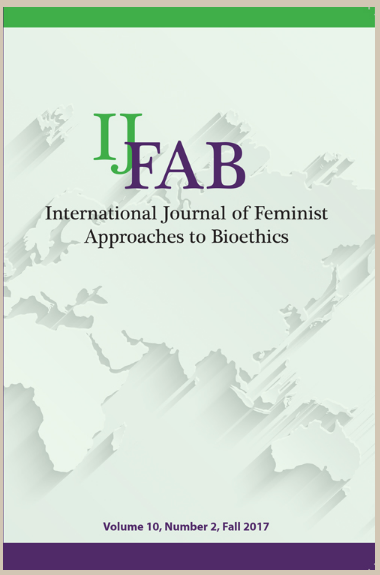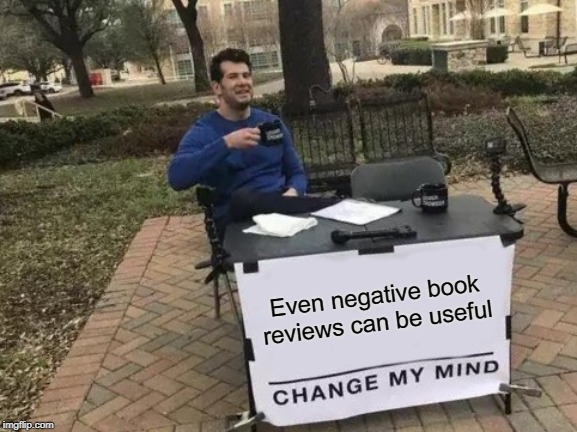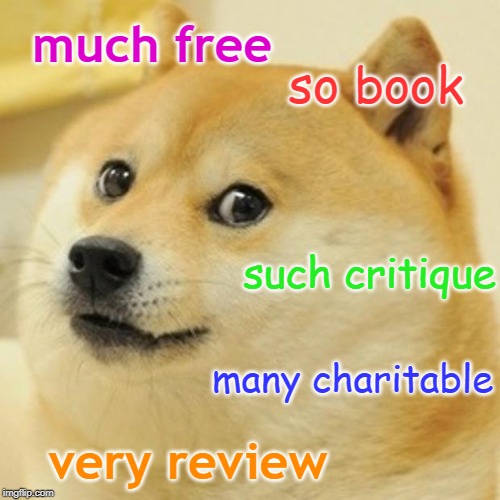I am very grateful to have recently taken on the role of Book Review Editor for the International Journal of Feminist Approaches to Bioethics. In this role, I will be frequently soliciting both books and reviewers for the journal and hope to find willing volunteers from the IJFAB audience and beyond.

I’m a book lover, both professionally and personally. I’m always on the look-out for a new acquisition whether it’s a second-hand gem from one of those lovely stores that have that smell (you know what I’m talking about) and a shop cat or a fresh shiny new one hot off the press. As such, I’m an avid reader of book reviews.
The book review–more than the book’s own synopsis–often provides me, a potential reader, with a viewpoint that can help decide whether it’s to go into the Jenga-like book piles scattered around my home or whether I might prioritize something else. To be clear, a negative review may not condemn the book to the “to-be-ignored” list. A good book review reveals something of the author, allowing the review-reader to assess whether the author is simpatico. Therefore, a negative review by a reviewer with whom I sense philosophical differences may well incline me towards reading a book as much as a positive review from someone with whom I feel an affinity.

There are, I believe, at least 5 generally accepted key qualities of a good book review. These include:
1) A good book review summarizes the content of the book in a methodical manner. This is generally by chapter, but it may also be by theme (where reference is made to where certain themes discussed can be found in the book). This latter summary is more unusual, but works well if reviewing a collection of essays or maybe a longer book. To new reviewers this can sometimes be daunting – how much detail should be included? The answer is not straightforward (as in so many cases in academia). In general summarizing chapters and content should be comprehensive but not detailed, that is to say, it is important to give a clear view of what is and isn’t covered within a book, but not down to the absolute nitty-gritty. Of course, providing examples from the book is warranted on occasion when explaining content, but in general this should not be the case for every chapter or theme discussed given the frequent word limitations of book reviews. There are, of course, exceptions.
2) Following a limited summary of content, a good book review is critical in the nicest kind of way. Whether or not you are a fan of Daniel Dennett, his* famous characterization of kindness in review is I think something most of us would agree with. In his view, you must first explain an author’s argument with as much rigour as you would your own. Next you should point out what is good about an author’s work, what you agree with the author on, and where the author has added to your perspective/knowledge. Only then may you begin to criticize any elements you find lacking.
3) A good book review positions the book within the literature relevant to the work. A reviewer must be able to compare what is being said with what has been said before in order to be able to say whether it adds and how it adds to the body of work in a given area. This means that a reviewer should–in the ethical sense, for doing a responsible review–be or become roughly familiar with the field(s) in which the book falls and the central problems of those fields. The reviewer may also wish to say how the book is relevant to or useful for a topic or field the author didn’t foresee, or for certain groups of readers.
4) And as mentioned briefly above a good book review has character. This point is somewhat controversial. There are those that believe that book reviews should be technical, that is, a summary of chapters, a neutral assessment of content and a concluding statement as to the reviewer’s view of the book overall. I have always been of the opinion that good (and enjoyable) book reviews have a bit of flair. They not only hook you early into reading their review with a creative introduction, but they have a “voice” that is specific. There is a sense of the review’s author in the tone of the review and the assessment of the book, so that their voice is in conversation with the book author’s voice.
5) Lastly for the IJFAB audience specifically, book reviews should use a feminist lens in critiquing material. After all the audience is one who has a specific interest in feminist theories, methodologies, and perspectives.
All of these elements should be interwoven throughout a review.
Book reviews are valuable pieces of work both for new and emerging scholars and the more seasoned academic. They provide a manageable way (workload-wise) to introduce your voice or promote it further, while promoting the work of others. One might even say that book reviews are feminist both in content and form since their very nature is a kind of critical solidarity.
And, it must be said, the prospect of getting a free copy of an interesting book is a non-trivial consideration.

If you have work you would like reviewed or would like to put your name down for reviews as new books arrive, please do get in touch.
- Emma Tumilty
- IJFAB Book Review Editor
- emma.tumilty@deakin.edu.au
For some examples of great reviews, I suggest the following:
- From IJFAB: Kim Q. Hall, Feminist disability studies, Bloomington: Indiana University Press, 2011, reviewed by Jackie Leach Scully
- From Hypatia’s online reviews is: Eli Clare, Brilliant Imperfection: Grappling with Cure, Durham, N.C.: Duke University Press, 2011, reviewed by Christine Wieseler. (open access)
* Dennett, D. C. (2013). Intuition pumps and other tools for thinking. WW Norton & Company.


This is handy!
(And excellent use of Doge)